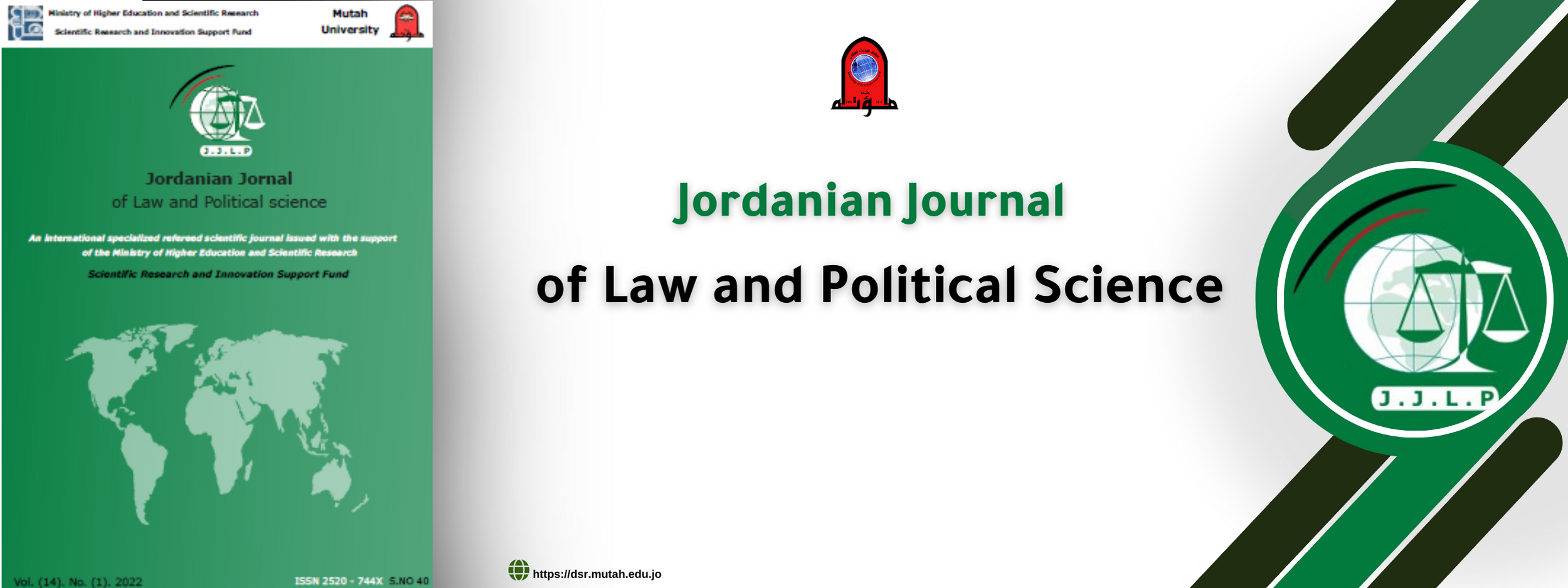The Extent of the Adequacy of Judicial Oversight of the End of Insolvency Procedures in Accordance with the Jordanian Insolvency Law No. (21) of 2018
DOI:
https://doi.org/10.35682/jjlps.v14i2.448Abstract
This study sheds light on the judicial oversight of the termination of insolvency procedures by explaining the role that the competent court plays in declaring insolvency on the reasons for the termination of the insolvency proceedings represented in the final distribution, and the payment of all debts during the course of the procedures and its role in controlling the effects of this termination represented by its discretionary power to Granting the debtor a discharge from the unpaid debts and its authority to agree to re-run the procedures, by comparing the position of the Jordanian legislator in this regard with the position of the French legislator.
This study concluded that the Jordanian legislator, unlike the French legislator, did not grant the competent court, in the event of full debts being paid during the course of the insolvency proceedings, the power to cancel the insolvency judgment that did not acquire the final degree, or to close the insolvency proceedings because the creditors’ interest was not fully fulfilled after the judgment had acquired a final degree. Although the primary objective of the insolvency law is to preserve the economic activity of the debtor, it also concluded that the insolvency agent must submit all papers that enable the court to exercise its control over the case of the partial distribution of the debtor’s funds related to the transfer of ownership of certain funds to one or more creditors







